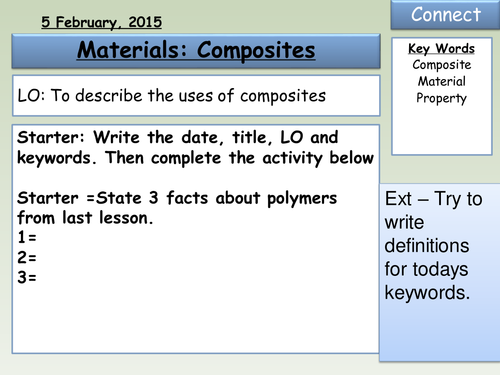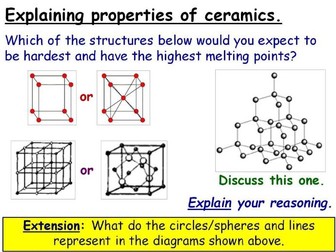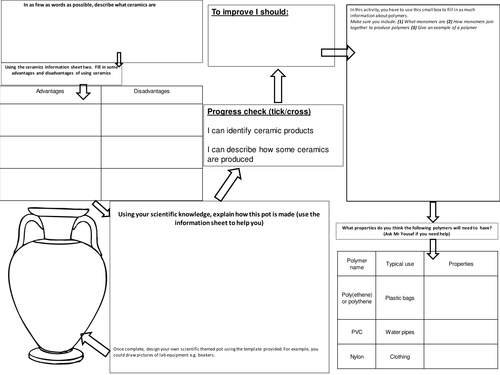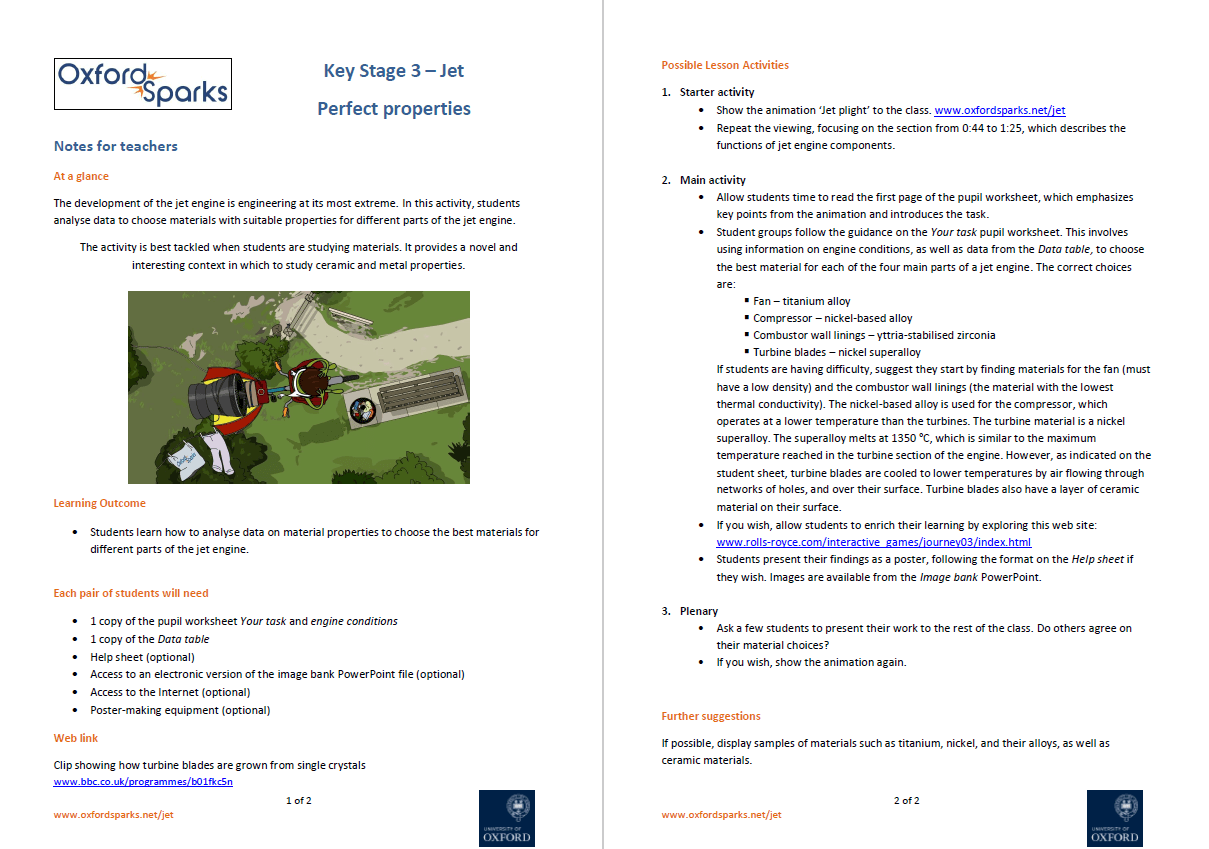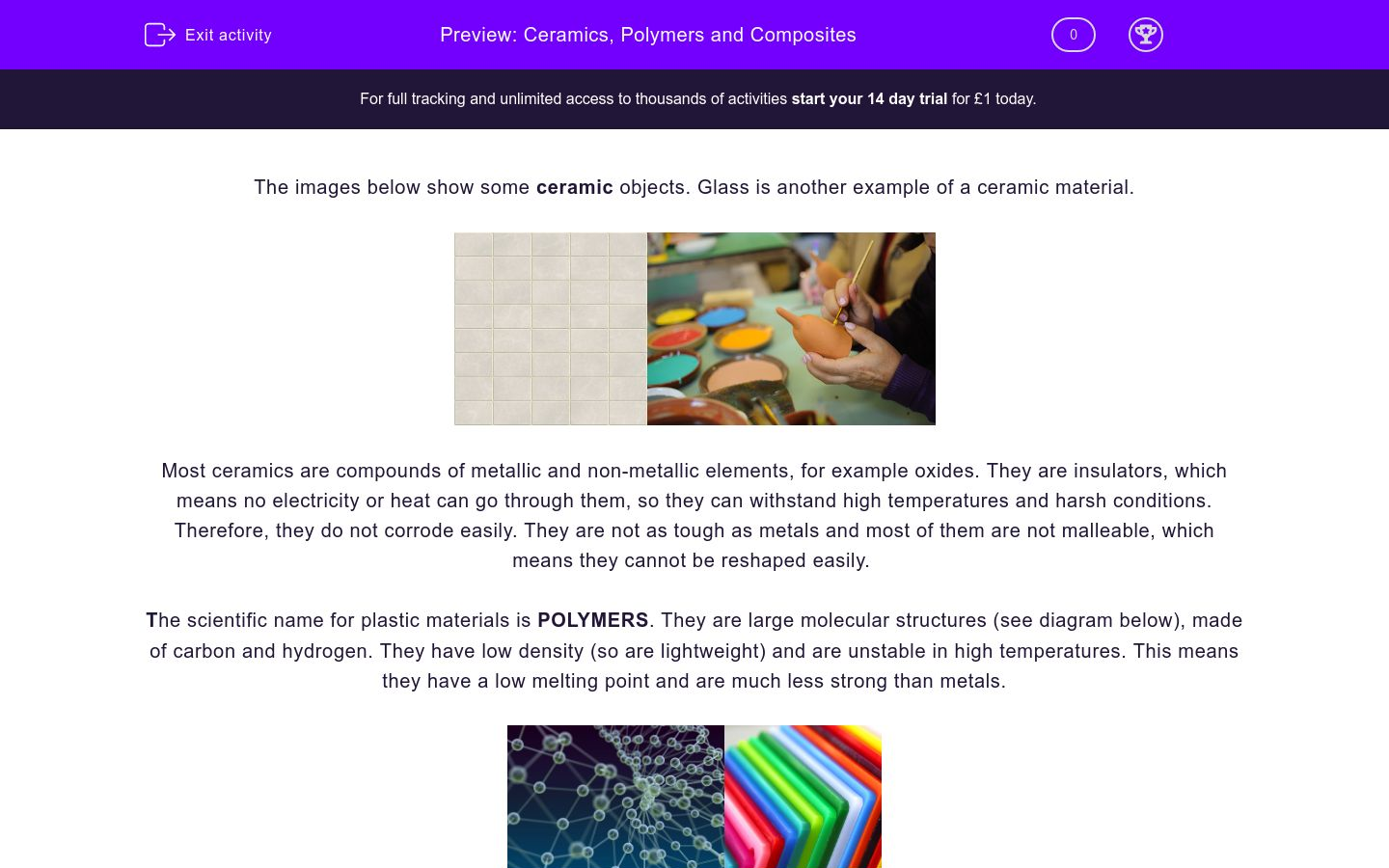Properties Of Ceramics Ks3

Ceramic materials are inorganic non metallic materials made from compounds of a metal and a non metal.
Properties of ceramics ks3. People first started making ceramics thousands of years ago pottery glass and brick are among the oldest human invented materials and we re still designing brand new ceramic materials today things like catalytic converters for today s cars and high temperature superconductors for tomorrow s computers. The development of new ceramic materials is helping to meet the growing demand in industrial and laboratory applications. Learn about how different materials like ceramics polymers and composites have different properties with bbc bitesize ks3 science. Ceramic materials may be crystalline or partly crys.
There s quite a big difference between age old general purpose. These highly desirable properties of ceramics have as yet been largely disregarded due to the perceived low toughness and brittle failure demonstrated by traditional ceramic strength however recent developments have led to a new breed of ceramic materials displaying mechanical properties that were previously considered. Powerpoint slides for three lessons on ceramics polymers and composites to fit with the new ks3 national curriculum. Ks3 ceramics polymers and composites your students will gain a deeper understanding of ceramics polymers and composites with our range of secondary science resources with worksheets homework powerpoint presentations and more you ll be able to enhance your students learning as they explore this ks3 chemistry topic.
Are solids made by baking a starting material in a very hot oven or kiln. This lesson is designed for the ks3 year 8 science course specifically the c2 1 2 unit on metals other materials. Made for a mix of year 8 groups. 4 8 55 customer reviews.
Physical properties of ceramics reprinted with permission of the coors ceramics company. Feb 5 2015 updated. For more lessons designed for ks. What name is given to a very long molecule made from smaller repeating units.
Coors ceramic components are harder lighter and more resistant to heat corrosion and wear than steel counterparts. Have very many different uses. Are hard and tough. Once this task is complete the physical properties and chemical properties of ceramics will be given to students to make a note of.




